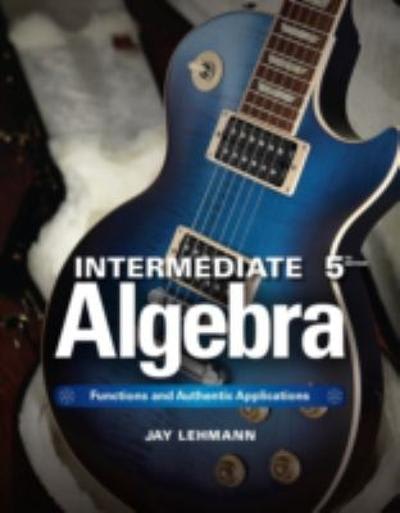
Activity #1 (10 points): Identify details about a study from a summary. Read the following article (summary of research findings) from Science News magazine (accessed Jan 9, 2018 from https:/www.sciencenews.org/article/jazz-improvisers-score-high-creativity() and answer each of the questions after the article. Review Chapter 1 in the text Article: Jazz Improvisers Score High on Creativity (by Kimber Price January 2, 2018) Improvisation may give jazz artists a creative boost not seen among musicians more likely to stick to the score. Jazz musicians' brains quickly embrace improvisational surprises, new research on the neural roots of creativity shows. Neuroscientist Emily Przysinda and colleagues at Wesleyan University in Middletown, Conn., measured the creative aptitudes of 12 jazz improvisers, 12 classical musicians and 12 nonmusicians. The researchers first posed creativity challenges to the volunteers, such as listing every possible use for a paper clip. Volunteers then listened to three different kinds of chord progressions - common ones, some that were a bit off and some that went in wild directions - as the team recorded the subjects' brain waves with an electroencephalogram. Afterward, volunteers rated how much they liked each progression. Jazz musicians, more so than the other participants, preferred the unexpected riffs, brain waves confirmed And the improvisers' faster and stronger neural responses showed that they were more attuned to unusual music and quickly engaged with it. Classical musicians' and nonmusicians' brains hadn't yet figured out the surprising music by the time the jazz musicians had moved on, the researchers report in the December Brain and Cognition. The jazz musicians' striking responses to unexpected chords mirrored their out-of-the-box thinking on the creativity challenges. Training to be receptive to the unexpected in a specific area of expertise can increase creativity in general, says Harvard University cognitive neuroscientist Roger Beaty, who was not involved in the study. Questions: Please use full sentences in your explanations. a. What is the question being investigated in this study (problem to be solved)? (1 point) b. Identify the participants in the study and describe a possible sampling strategy used to select them. (2 points) c. Is this study an observational study or an experiment? (3 points) * If the study is observational, identify the type (cross-sectional, case-controlled or cohort) and describe the study design. If the study is an experiment, describe the treatment(s) and study design. d. Identify the response variable(s) and whether they are qualitative or quantitative. (2 points) e. What were the results of the study (in terms of the response variable (s))? (1 point) f. What did the researchers conclude ( how do the results apply to "real life))? (1 point)








